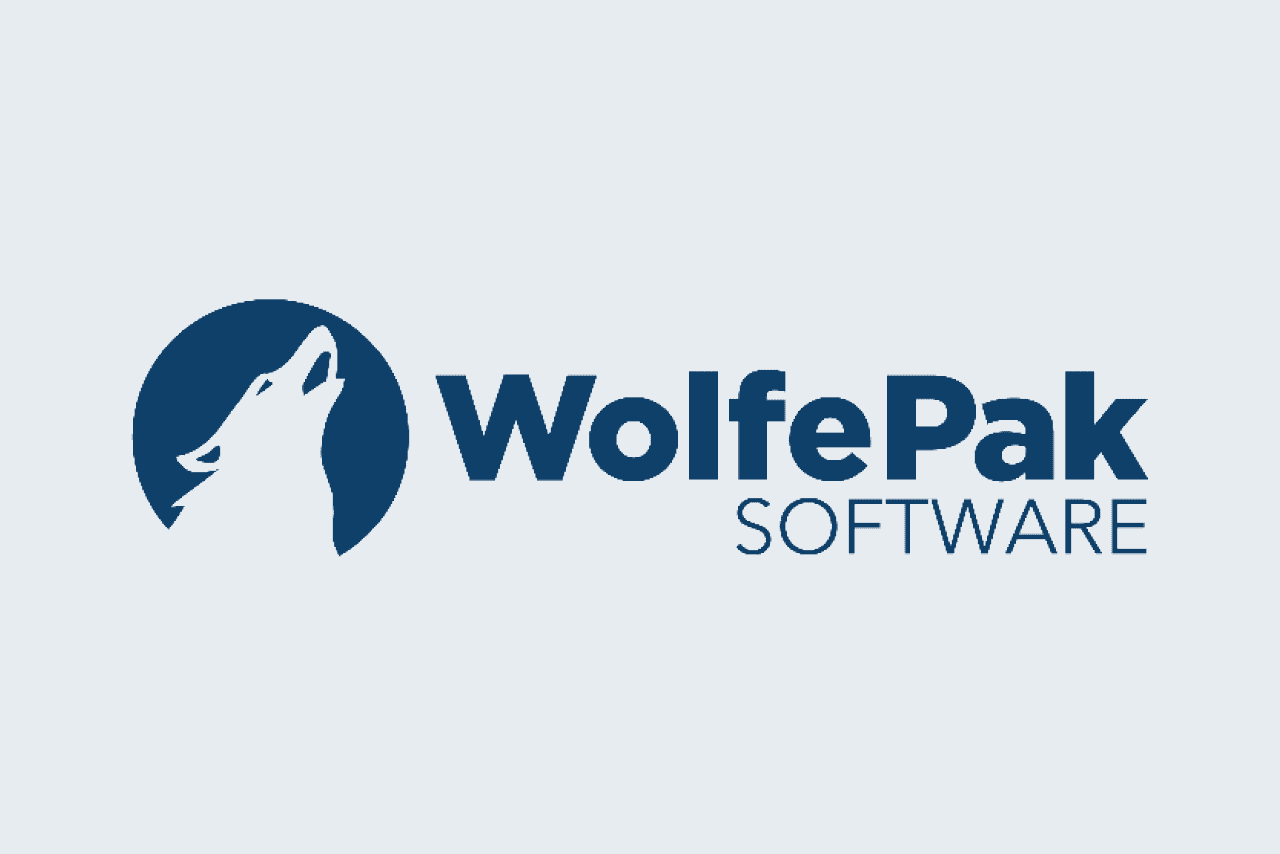Tonae’ Hamilton: Can you explain how the acquisition came about? Was acquiring DocVue a primary goal for WolfePak?

Brent Rhymes: We’re excited about bringing together DocVue and WolfePak. We provide accounting and automation solutions for oil and gas that let our customers grow without complexity, achieve greater efficiencies and reduce risk — and all within a highly secure environment.
Document management is one of our most sought-after add-ons to our ERP platform. And DocVue is the gold-standard for document management in oil and gas. The company was always on our radar. We have several joint customers and teams from both companies that were, and still are, working on a seamless, integrated solution. After meeting and getting to know the leadership team, it was clear we could accomplish more together and bring even more value to our customers.
TH: With the acquisition, how does WolfePak plan to further impact the oil and gas industry?
BR: WolfePak offers integrated, automated and mobile solutions that help our customers meet their challenges head-on on a daily basis. WolfePak operationalizes redundant processes and streamlines the entire lifecycle of data from the back office to the field. We do this in a highly secure and simplified manner, helping companies avoid costly errors using a centralized approach to data management.
Immediately, DocVue improves our document management approach, and eventually, will replace our native technology, allowing us to provide seamless document management in and out of WolfePak.
DocVue takes enterprise content management to the next level with its digital publishing, reporting, workflow management and secure document repository. These capabilities, combined with the power of the WolfePak ERP, open up endless opportunities for new solutions that solve the unique challenges of managing large amounts of data and digitizing traditional paper-heavy processes.
TH: What does the acquisition mean for DocVue and how do they plan to continue impacting the industry as a product division of WolfePak?
BR: DocVue is the leading document management solution for oil and gas. With the strength of WolfePak behind DocVue, we expect deeper integration and solution expansion as part of our work, so we can continue offering comprehensive data and content management across the digital oilfield.
The DocVue imaging, document management and workflow tools let companies capture, secure, distribute and manage documents and their associated approval processes. Through its integrations and partnerships, it makes access to lease records, contracts, insurance certificates, AFEs, invoices, MSAs, Plant Statements and other critical documents easy, safe and secure. Our respective technologies are a natural fit, which will only further substantiate their leadership within oil and gas into 2020 and beyond.
TH: What can your customers/clients expect to gain, regarding the expansion of product offerings, due to the acquisition?
BR: We think a lot about how we can continually improve our solutions and customer experience. Our customers have a strong voice in our software development, and we work hard to show them how well we listen.
Combining WolfePak and DocVue’s technologies will enable us to better serve our customers and help them eliminate manual errors, digitize their operations and move toward a stronger integrated and automated approach to data management.
WolfePak plans to aggressively invest in both the cloud and enterprise versions of DocVue. We will eventually replace our native Document Management tool with a DocVue package that offers a feature set suitable for an add-on module. Ultimately, combining our technologies will let us bring new solutions to market — ones that let oil and gas companies do more with less and focus on growth.
TH: Can you explain the reasoning behind the decision to have DocVue operate as a stand-alone division of WolfePak? What benefits does this decision provide to oil and gas clients?
BR: Again, it all goes back to the customer. Keeping DocVue as a standalone division gives our customers as much choice as possible to use the solutions they trust.
Both DocVue and WolfePak will continue to work with other software providers and partners to provide customers with seamless access to documentation through their preferred interfaces.
We will continue innovating our ERP platform and deepening our integration with DocVue to launch new and enhanced cloud and enterprise solutions.
TH: Has the acquisition presented any challenges or difficulties? In addition, has this acquisition altered any leadership roles at DocVue?
BR: Combining organizations always presents, what I like to call, opportunities, and I truly mean they are opportunities. It gives each organization the ability to challenge existing processes and find areas for improvement.
As for changes in leadership roles, Leon Busch and Ryan Lailey are now part of the executive team at WolfePak, with both picking up additional responsibilities over time. Beth Trammell, former DocVue CEO, remains involved as an advisor to the company, and will be part of our WolfePak Product Advisory Board.
TH: Do you think it is important for oil and gas software and solutions companies to partner and/or merge? Why and what benefit does it serve to the oil and gas industry?
BR: Yes. There is a growing trend toward consolidation and automation. Closed systems work for no one and are difficult to scale. Companies need their technology partners to collaborate and provide best-of-breed solutions that meet their needs with little worry of integration and managing disparate data sets.
TH: Are there any other companies WolfePak is looking to partner with in the future? What are WolfePak’s goals for the coming year?
BR: We are always evaluating the marketplace for partners that improve and expand our solution offering to provide as much value as possible for our customers. WolfePak has some exciting partnerships in the pipeline, so we’ll share them publicly when the time is right.
2020 will be a year focused on growth, solution expansion and accelerated technology enhancements. Much of this body of work revolves around our mobile platform and how we automate and integrate field operations with the back office. We look at these operations holistically to determine which part of the data life cycle we can optimize next. We plan to launch new solutions in a number of areas, such as our new mobile pumper application, as well as additional offerings for oil and gas service companies, E&P operators, first purchasers and investors.
Tonae’ Hamilton has been a contributor and associate editor to the magazine for two years. She has been writing professionally for almost four years. In her free time, Tonae’ likes to spend time with her three pets, cook, and binge-watch Netflix shows. Tonae' has a Bachelor of Arts in Communication from McDaniel College.









